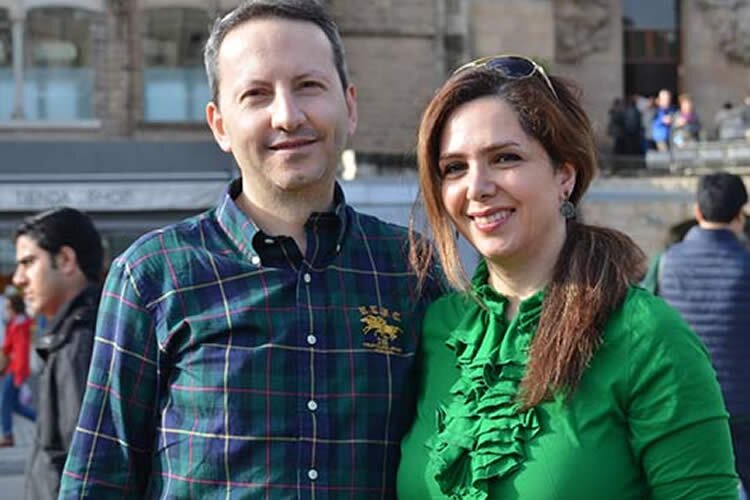Amnesty International called on the Iranian authorities to immediately stop any plans to execute Swedish-Iranian academic Ahmadreza Djalali.
In a statement issued on Thursday, May 6, Amnesty International called for the immediate release of the political prisoner, citing the “arbitrary” detention of Ahmadreza Djalali in Ward 209 of Tehran’s Evin prison, which is controlled by the Ministry of Intelligence.
In a letter to the head of the regime’s head of the judiciary, Gholamhossein Mohseni Ejei, the human rights group noted that the trial of the Iranian-Swedish researcher was ” grossly unfair ” and relied on torture-tainted “confessions,” that Ahmadreza Djalali says were obtained under torture and other ill-treatment while he was held in prolonged solitary confinement without access to a lawyer.
On Wednesday, the state-run ISNA news agency reported that it had “heard from informed sources” that Djalali would be executed “by the end of the [Persian] month of Ordibehesht [21 May] at the latest”.
The emergency medicine specialist was arrested during a business trip in 2016 and accused of spying for Israel.
A revolutionary court presided over by notorious judge Abolghasem Salavati sentenced Swedish-Iranian academic Ahmadreza Djalali to death the following year on the charges of “corruption on earth” and “espionage”.
Amnesty International said that the offense of “corruption on earth” fails to meet the requirements for clarity and precision needed in criminal law and breaches the principle of legality and legal certainty.
Djalali said he had been forced to “confess” while being subjected to torture and other ill-treatment, including threats to kill or otherwise harm his children, who live in Sweden with his wife.
On December 9, 2018, his lawyers learned that Branch 1 of the Supreme Court had upheld his death sentence without granting them an opportunity to file their defense submissions on his behalf. The Supreme Court has rejected at least three requests for a judicial review of Ahmadreza Djalali’s case.
Amnesty International has always emphasized that the Iranian regime is increasingly using the death penalty as a weapon to suppress political dissent and has resorted to allegations of “corruption on earth”.
Foreign and dual nationals have been held hostage more-or-less constantly in Iran for many years. Some of them have been held under threat of execution and some have lost their lives, while others have successfully been swapped for Iranians detained as criminals in other countries, or for cash, or for some other material reward.











